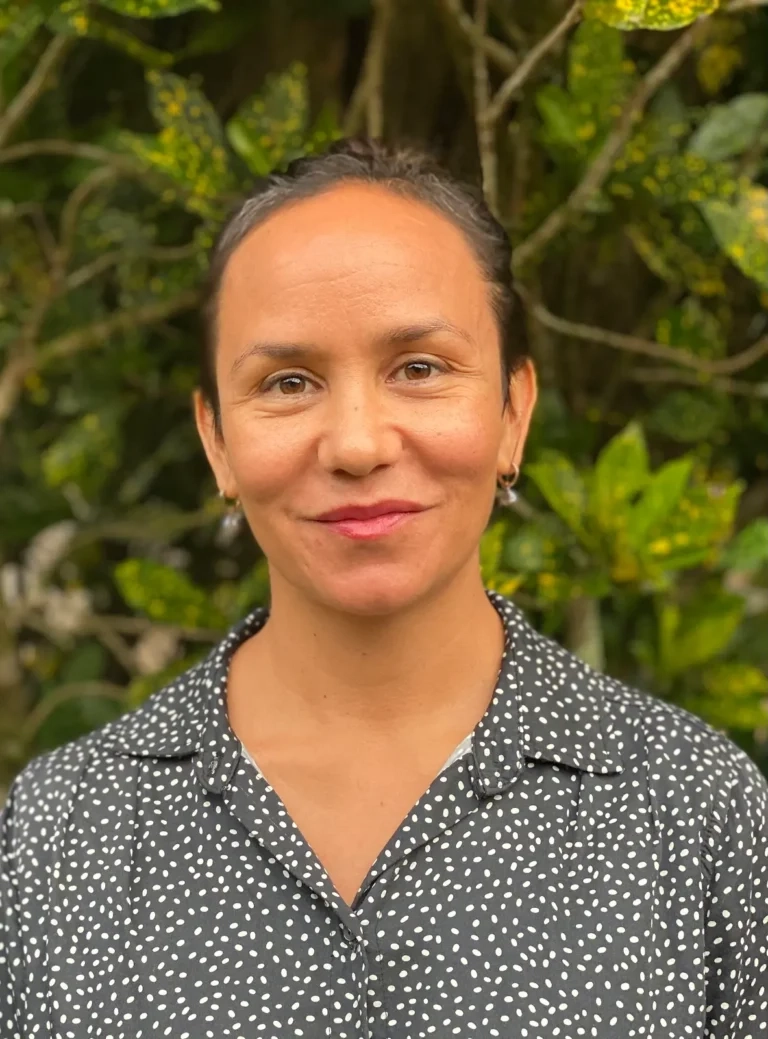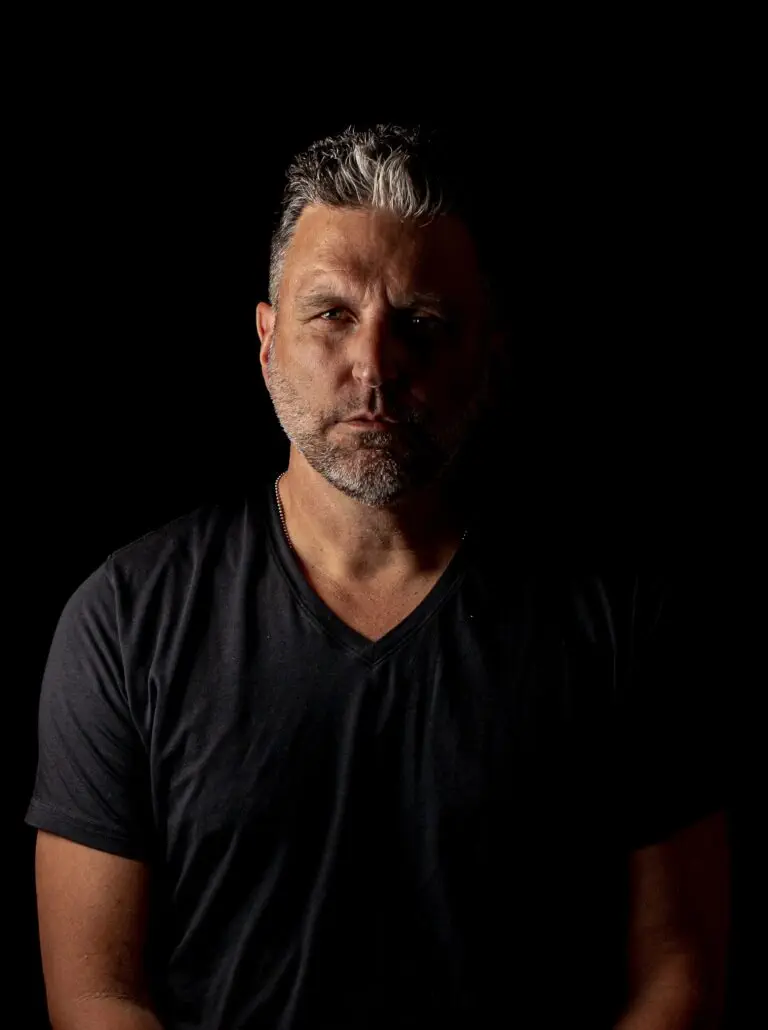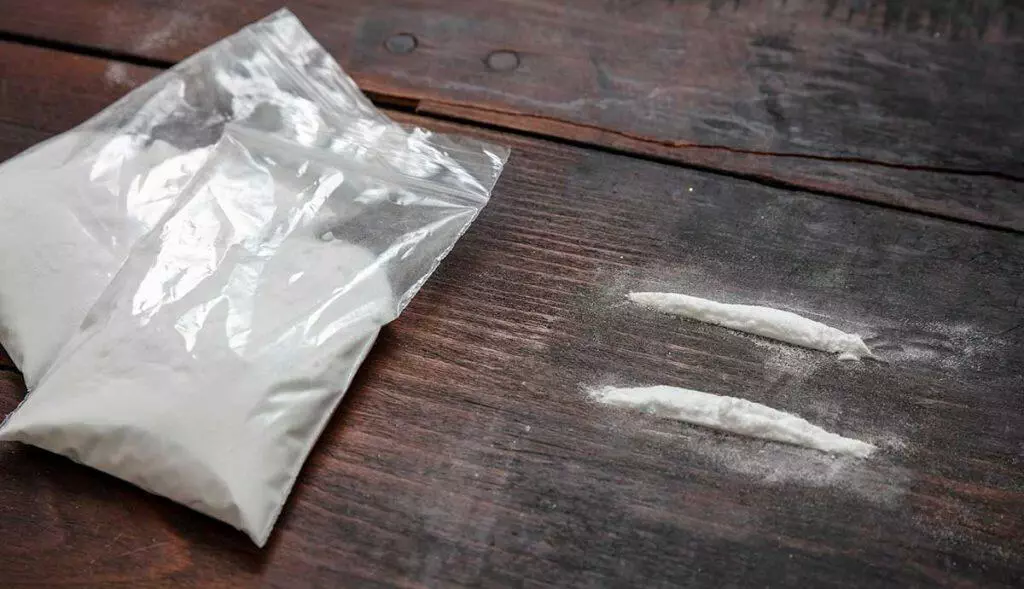Cocaine Addiction Treatment Center
When you use cocaine, you may experience feelings of profound euphoria that are short-lived, as well as increased energy followed by fatigue and anxiety.
Cocaine’s impact on your brain’s reward system can lead to extreme psychological dependence, making it challenging for you to abstain from or quit using the drug.
Additionally, you may experience various health issues, relationship difficulties, and problems with daily functioning due to cocaine use, contributing to a sense of despair and isolation.
Fortunately, specific treatments can help you overcome cocaine addiction, particularly when used as part of an integrated program, including cognitive behavioral therapy, equine therapy, family support, and mindfulness therapy.
In addition, certain medications are often used to help people with cocaine addiction manage their cravings and withdrawal symptoms.
Support groups can also play a crucial role for those in recovery from cocaine addiction. It would help if you spoke to a healthcare professional for a comprehensive diagnosis and tailored cocaine addiction treatment plan.
Statistics on Cocaine Addiction
A 2006 National Survey on Drug Use and Health found that 35.3 million Americans aged 12 and over reported they have used cocaine.
Another study, the National Institute for Drug Abuse’s 2006 Monitoring the Future Study, found that 8.5 percent of twelfth graders had used cocaine at some point.
Cocaine is among the most frequently mentioned illegal drugs reported to the Drug Abuse Warning Network by hospital emergency departments in the United States.
At Maui Recovery, we are aware of this alarming trend and provide specialized programs designed to address the complexities of cocaine addiction.
Cocaine is more than just an addictive substance; prolonged abuse without seeking treatment can increase its dangers, potentially turning it into a lethal threat.
Over time, the risk of overdose grows, and as a stimulant, long-term use can lead to severe health complications like heart attacks and strokes.
Maui Recovery offers comprehensive treatment programs that treat your symptoms and get to the root of cocaine addiction. Speak to a team member today to find out more.
How Maui Recovery Can Help
Early intervention can help you avoid the long-term physical and psychological effects associated with prolonged cocaine abuse, giving you a much better chance at lasting recovery and avoiding relapse.
Suppose you are worried that you or a loved one may be experiencing symptoms of cocaine addiction.
In that case, our specialist team can help you get the comprehensive diagnosis and treatment plan you need to begin your journey to recovery.
What Are the Signs of Cocaine Addiction?
If you are concerned about yourself or a loved one’s cocaine use, here are some signs and symptoms to look out for:
- Loss of appetite
- Trouble sleeping
- Mood swings
- Anxious or paranoid behavior
- Increased energy
- Talkativeness
- Frequent sniffing
- Dilated pupils
- Depression
- Irritability
- Changes in social habits
- Unexplained weight loss
- White powder residue around the mouth or nose
- Social withdrawal and secretive behavior
- Sudden financial difficulties
- Extreme emotional highs or lows
Cocaine Addiction Treatment in Hawaii
Our team offers comprehensive support and treatment for individuals struggling with cocaine addiction. We believe in a holistic approach to addiction recovery, which means addressing the physical, mental, spiritual, and social factors that contribute to cocaine dependency. This approach has resulted in much better treatment outcomes for our clients.
Our experienced counselors, trauma therapists, and nurses provide personalized addiction treatment programs that focus on addressing any underlying issues that may have caused or contributed to your cocaine addiction. We will tailor our treatment programs to your specific needs, goals, and requirements, and integrate evidence-based and experiential therapies to help you heal and recover.
Our approach to recovery is centered around the whole person. This means we go beyond symptom management to explore any underlying issues or traumatic experiences that may have led you to abuse cocaine in the first place. By addressing the root causes of addiction, we set you up for long-term success in your recovery journey.
Behavioral therapy and other specific treatments can assist you in gaining a better understanding of your addiction patterns and triggers. This knowledge will help you manage any urges or cravings that may arise and lead you to want to continue using cocaine. By following this approach, you can become more resilient and empowered as you progress through different phases of recovery.
Personalized Addiction Treatment at Maui Recovery
Our personalized cocaine addiction treatment program blends various therapeutic methods and approaches to help you sustain lasting healing and live a happy, healthy, and fulfilling life.
These programs include:
- Cognitive behavioral therapy (CBT)
- Dialectical behavior therapy (DBT)
- Motivational interviewing (MI)
- Mindfulness-based stress reduction (MBSR)
Maintaining Hope in Recovery
Maintaining hope in recovery from cocaine addiction is an integral aspect of lasting wellness and healing. With proper treatment, support, and a commitment to change, you can overcome cocaine addiction.
There are some helpful things you can do to support yourself along the way, such as:
- Celebrating the small victories and milestones during and after treatment
- Staying connected to positive influences, including your family, friends and support groups
- Keeping track of any progress made throughout your treatment
It’s essential that you recognize that recovery can be a long and challenging road, but all your hard work and effort will pay off, provided you stay committed to the process.
Seeking professional help, engaging in support groups, and embracing a positive mindset can contribute to a hopeful and fulfilling recovery from cocaine addiction.
Maui Recovery’s Cocaine Addiction Treatment Center
Maui Recovery provides personalized cocaine addiction treatment at our recovery center in Hawaii, all within a serene environment conducive to lasting healing.
We provide tailored treatment plans, including counseling, trauma and behavioral therapy and medical support, delivered by an experienced, specialized team.
Our treatment center offers clients tranquil surroundings that enhance relaxation, allowing them to focus on their recovery and distance themselves from familiar distractions or triggers.
We focus on your individual needs, providing an integrated, comprehensive approach to addiction recovery, which contributes to a higher likelihood of successful, long-lasting wellness and rehabilitation.
Contact our friendly team today, who will happily provide additional support and information about our cocaine addiction treatment program.
FAQs
What is Cocaine?
Cocaine is a powerfully addictive stimulant drug made from the coca plant leaves native to South America. As a street drug, cocaine looks like a fine, white crystal powder.
Street dealers often mix it with cornstarch, talcum powder, or flour to increase sales and profits. They may also combine it with other stimulant amphetamines or synthetic opioids, including fentanyl.
Adding synthetic opioids to cocaine is extremely risky, particularly when individuals using cocaine are unaware that it contains such a dangerous additive. Research shows that increasing numbers of overdose deaths among cocaine users might be related to tampered cocaine.
What Are the Effects of Cocaine Use?
Regular cocaine use can quickly lead to significant physical and psychological harm. Cocaine releases dopamine, which causes a sense of pleasure and euphoria in the brain.
This constant cycle of “feel good” emotions promotes the individual to use the drug repeatedly and as they develop a tolerance for the drug.
Prolonged cocaine use can quickly lead to significant physical and psychological harm.
Cocaine releases dopamine, which causes a sense of pleasure and euphoria in your brain.
This constant cycle of “feel good” emotions makes a person want to use cocaine repeatedly due to the euphoric feelings and sensations they experience when using the drug.
However, prolonged cocaine use often results in a person developing a tolerance for the drug, meaning they need to use it more frequently and in higher doses to experience any effects.
As well as developing a tolerance, you may experience other short or long-term effects from chronic cocaine abuse, including:
Short-term effects of cocaine abuse
- Extreme energy
- Mental alertness
- Hypersensitivity to sight, sound, and touch
- Paranoia
Long-term effects of cocaine abuse
- Loss of smell and nosebleeds due to snorting
- Asthma due to smoking
- Severe bowel decay due to consumption by mouth
- Scarring or collapsed veins due to injecting the drug
How Does Cocaine Affect Your Mental Health and Well-Being?
Various studies have shown the negative impact that chronic cocaine abuse can have on your mental health.
For instance, those who abuse cocaine regularly are at higher risk of developing the following mental health conditions:
- Depression
- Anxiety
- Aggressive and violent behaviors towards yourself and others
- Paranoia and increased distrust, jealousy, and anger toward friends, family, and even strangers
- Extreme mood changes, including severe agitation and irritability
- Sleep issues
- Cocaine addiction
How Can Cocaine Impact Your Physical Health?
Cocaine is a central nervous stimulant that produces various short-term pleasurable effects, such as increased energy and confidence.
However, there are many adverse health effects associated with cocaine.
For instance, studies show that individuals who frequently abuse cocaine are at significant risk of developing specific health issues, such as:
- Nausea
- Restlessness
- Dilated pupils
- Tremors and muscle twitches
- Inflammation of the heart
- An increased risk of stroke
- Damage to your intestinal tract due to reduced blood flow from excessive cocaine use
- Developing a cocaine use disorder or other stimulant use disorder
How Does Cocaine Impact Your Brain?
Research shows that cocaine can adversely affect your brain in various ways, leading to problems with cognitive functioning, such as:
- Memory issues
- Problems performing tasks or activities that require motor skills
- Poor decision-making or problem-solving skills
- Higher impulsivity
Altered brain function can also lead to diminished awareness regarding an individual’s cocaine use or addiction and its many consequences.
With chronic cocaine use, the brain’s stress-regulating circuits become more responsive, causing heightened negative moods, particularly when a person abstains from using the drug.
Simultaneously, the brain’s reward pathways become less receptive to natural rewards like relationships and food, resulting in a lack of pleasure in things that once brought you joy.



























